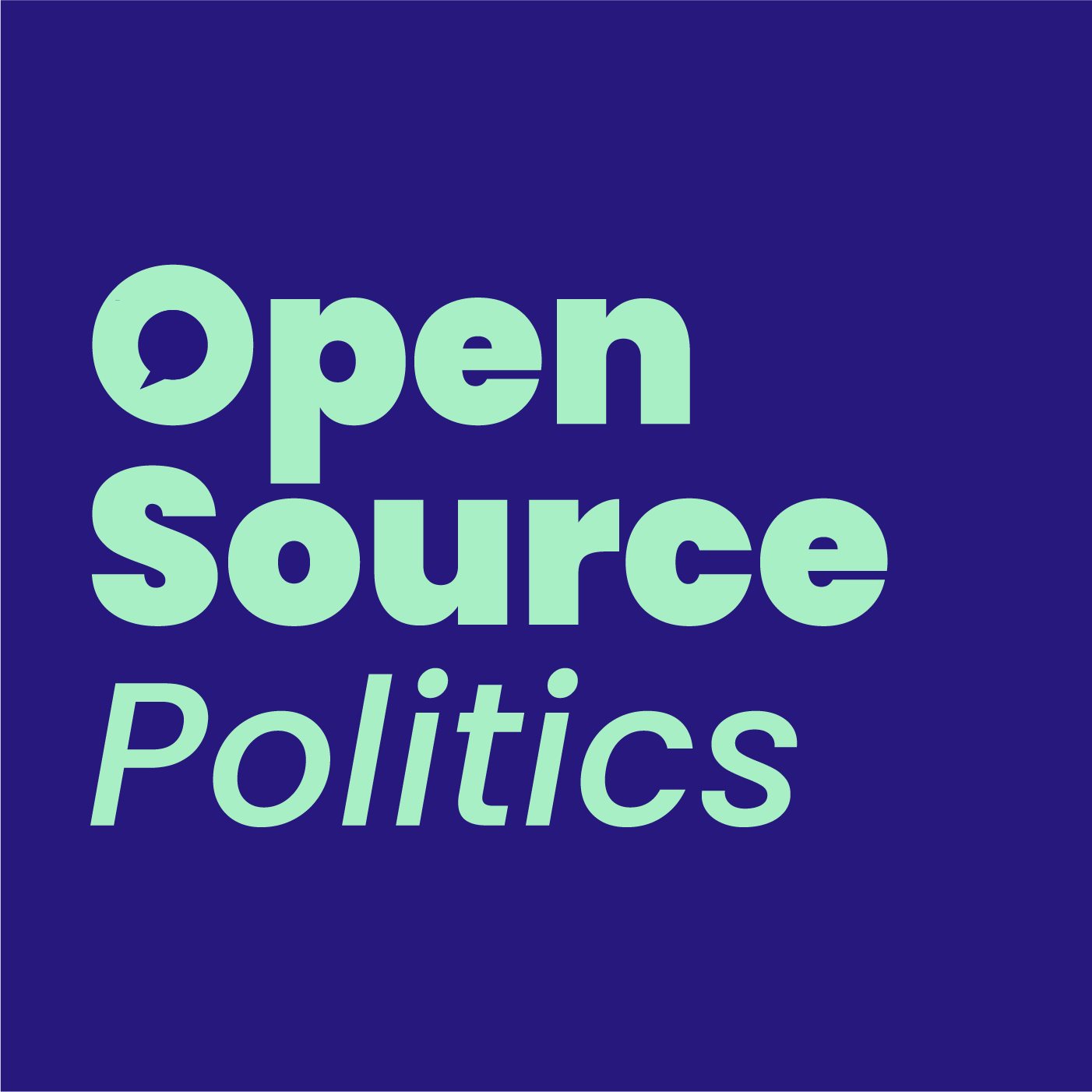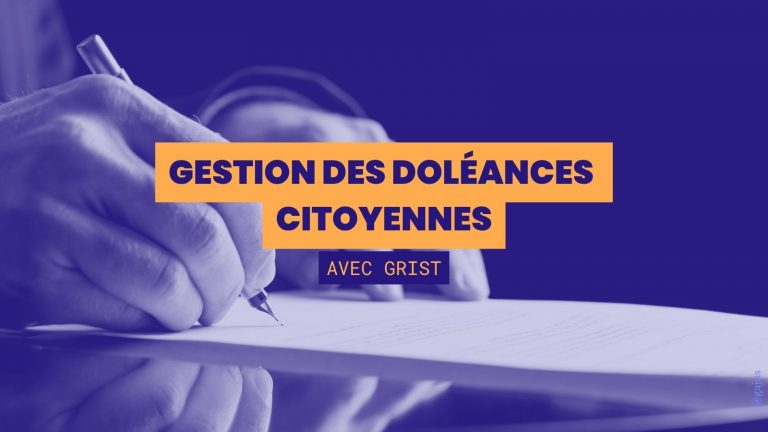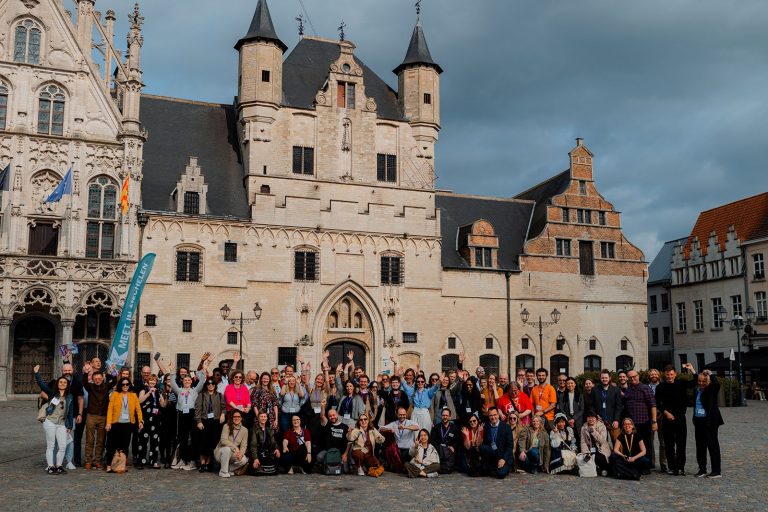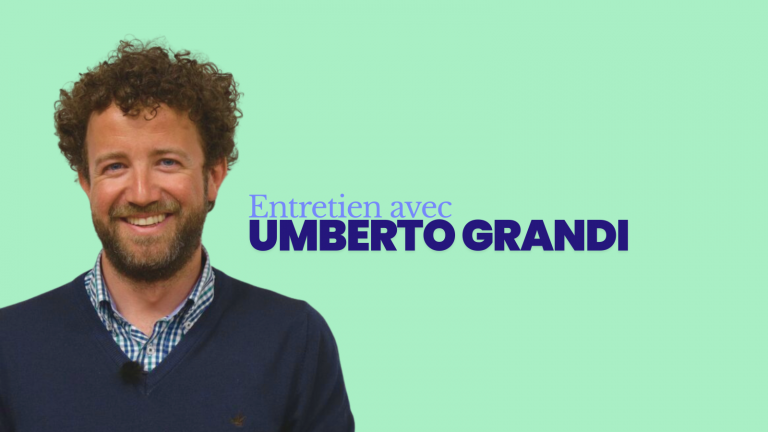[et_pb_section admin_label=”section”]
[et_pb_row admin_label=”row”]
[et_pb_column type=”4_4″][et_pb_text admin_label=”Text”]
Un webinaire qui a été animé le 22 avril 2020 par Eloïse Gabadou et Léna Dumont.
Retrouvez la présentation ci-dessous. ????
Le webinaire en quelques mots…
Un logiciel open source est un logiciel dont le code source est ouvert. Le mouvement qui s’est formé autour de ce choix technologique prend de plus en plus d’ampleur dans notre société en général, et dans le secteur de la participation citoyenne en particulier.
Pourquoi cela ? Fruit du mouvement du logiciel libre, il répond en effet directement à l’exigence de nos sociétés pour plus de transparence et de vigilance face aux technologies déployées par les institutions et les organisations. L’open source nous interpelle sur la relation entre le gouvernement et les citoyen.nes, ainsi que sur la consultation préalable à tout choix technologique ou politique pouvant interférer dans la vie de chacun.e. Nous le constatons en ce moment avec l’application StopCovid qui suscite des interrogations légitimes, notamment sur l’utilisation des données personnelles.
La relation de confiance avec le.la citoyen.ne devient déterminante lors de démarches participatives publiques, en particulier lorsque les participant.e.s consulté.e.s demandent à connaître l’origine et la nature des logiciels et du traitement des données qui dessineront le futur de leur organisation, ou de leur ville, région ou pays. Pour Francesca Bria, ex-CTO de la ville de Barcelone, les logiciels libres et open source préservent “les droits fondamentaux des citoyen.ne.s” en “[permettant] de savoir ce que [les algorithmes] font et en [garantissant] l’absence de failles de sécurité”.
En ce qui concerne les organisations et entreprises privées, le choix de l’open source permet d’ouvrir les portes de communautés diverses et représentatives de leur écosystème d’usage (institutions, entreprises, développeurs, utilisateurs finaux, chercheurs, etc.). Ces communautés permettent également la mutualisation des ressources et des investissements de développement pour proposer un logiciel évolutif et apprenant.
Le webinaire du 22 avril 2020 est revenu sur ce qu’est l’open source et sur l’ensemble des raisons pour lesquelles ce choix devient la norme pour les processus participatifs.
(Re)visionnez le webinaire ????
Votre organisation (publique comme privée) souhaite mettre en place une démarche de participation ? Vous êtes simplement curieux.se d’en découvrir plus Decidim ? Contactez-nous ????contact@opensourcepolitics.eu
[/et_pb_text][/et_pb_column]
[/et_pb_row]
[/et_pb_section]




